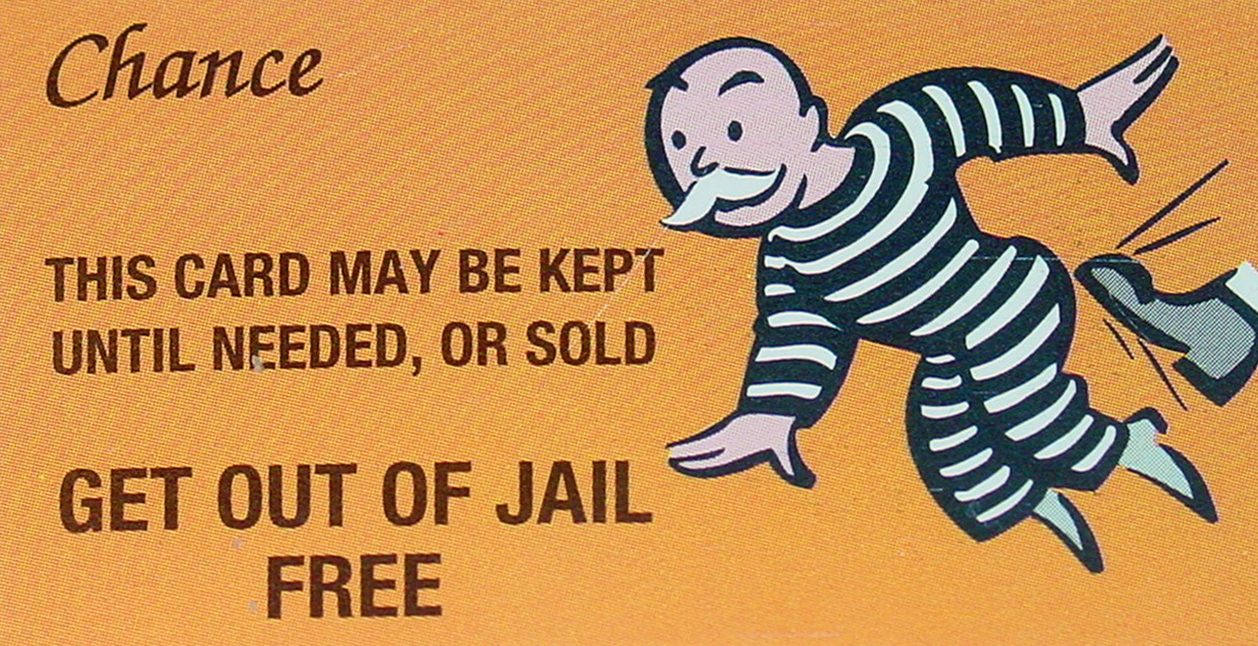The legal repercussions for using self-defense vary across jurisdictions and depend on several factors, making it difficult to provide a definitive answer to the question of how long one can go to jail for self-defense. However, understanding the concept of self-defense and the legal framework surrounding it can help shed light on this topic.

Self-Defense Laws:

- Duty to Retreat: In many jurisdictions, there is a duty to retreat before using lethal force in self-defense. This means that individuals must attempt to avoid or escape a dangerous situation before resorting to deadly force. The duty to retreat may not apply if one is in their own home or if retreat would put them in further danger.
- Reasonable Force: The use of force in self-defense must be reasonable and proportional to the threat faced. Courts evaluate the circumstances of the incident, considering factors such as the severity of the attack, the nature of the threat, and whether the defender had a reasonable belief that their life or safety was at risk.
- Stand Your Ground Laws: Some jurisdictions have adopted “stand your ground” laws, which eliminate the duty to retreat in certain situations. If a person is in a place where they have a right to be, they are generally not required to retreat before using deadly force to defend themselves. However, these laws vary in their specific provisions and may have certain exceptions or limitations.
Penalties for Exceeding the Bounds of Self-Defense:

- Manslaughter: If a person uses excessive force or their actions are deemed unreasonable in the context of self-defense, they may be charged with manslaughter. Penalties for manslaughter can vary widely, ranging from probation to several years in prison, depending on the jurisdiction and circumstances of the case.
- Murder: In cases where the use of deadly force is found to be unjustified or disproportionate to the threat, an individual may be charged with murder. Murder charges typically carry much harsher penalties, including lengthy prison sentences or even the possibility of life imprisonment or the death penalty in some jurisdictions.
It is crucial to note that self-defense laws and penalties can be complex and vary significantly across different legal jurisdictions. The determination of whether an action constitutes正当防卫and the associated legal consequences are ultimately decided by courts based on the specific facts and circumstances of each case. Therefore, it is essential to consult local laws and seek legal advice to gain a comprehensive understanding of the self-defense laws in your jurisdiction.






